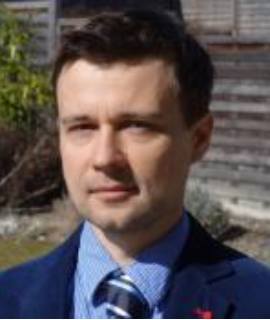Title : Decoration of acyclic amines via metal catalyzed C-H activation reactions
Abstract:
Metal catalyzed C-H activation chemistry can be considered as the logic advancement of cross-coupling chemistry (e.g. the famous Suzuki-Miyaura reaction). Instead of using two pre-functionalized reaction partners, the C-H bond itself is used as functional group. This bears the potential for a significant improvement regarding step economic synthesis of complex compounds. C-C bond forming processes are the most important reactions for building up the skeletons of organic molecules. Alkylation and arylation reactions are frequently applied transformations in this field. Many different aryl sources have been used in metal catalyzed C-H activation reactions. Also we contributed to this field by investigating the ?-arylation of aliphatic acyclic amines. Three different protocols were developed, which all proceed via distinctively different mechanisms and hence, require a specific set of reaction conditions. This allows using the transformation which reaction conditions are best compatible with a given substrate.
In the field of direct alkylation, we will report on a new type of alkyl source as alternative to the frequently applied olefins. Olefins have the drawback that the short chained representatives are gaseous at room temperature, and hence high pressure equipment has to be used in many cases. Our development makes this special equipment obsolete and alkylation reactions, including ethylations, can be carried out in standard glassware. The applied reagents are solid materials and stable at ambient conditions for a prolonged time. This leads to operationally simpler and safer alkylation reactions, which in turn will surely increase the number of applications for these processes.
Furthermore, mechanistic and kinetic studies will be presented, leading to the proposal of a reaction mechanism for all of the reported transformations.



